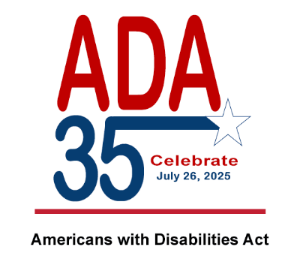Radford University
Center for Accessibility Services
Access. Empowerment. Inclusion.
The Center for Accessibility Services (CAS) at Radford University is committed to the ongoing goal of access and inclusion so that all individuals on campus can fully participate in the university experience.


Did You Know?
91% of CAS registered students believe their accommodations have helped them receive access to classes/coursework that they otherwise would not have had
95% of CAS registered students find our online system Access CAS easy to use.
We're Ready to Help
Not sure if our services and accommodations are right for you? We can help you figure things out.
Helping Highlanders Thrive with CAS Support
The Center for Accessibility Services, otherwise known as CAS at Radford University, supports students seeking disability related accommodations that would qualify under the Americans with Disabilities Act and its amendment.
The primary goal of this office is to provide students with reasonable accommodations while simultaneously protecting the integrity of the school’s academic services and programs.
New Highlander Families and Friends
It’s important to remember that unlike in K-12 education, in college, it’s the student, not the parent, who must take the lead in registering for disability accommodations.
Accommodations that the student received in high school as described in their IEP or 504 Plan do not immediately carry over to college.
If a student would like to receive accommodations, related to a diagnosed disability, a temporary disability, or possibly undiagnosed disability, they will need to apply for services through One Campus – Access CAS Student.
CAS Registered Students
Each semester students must self-determine which already approved accommodations will be needed for the new semester. Students will be responsible for making a Semester Request through One Campus – Access CAS Student. If your student finds that their needs have changed, they can request additional or different accommodations.
All Highlander Families and Friends
Remind your student if they are involved in an internship, or clinical experience, accommodations may be available and may be different than in the classroom setting.
Reach out with any questions: CAS@radford.edu 540-831-6350